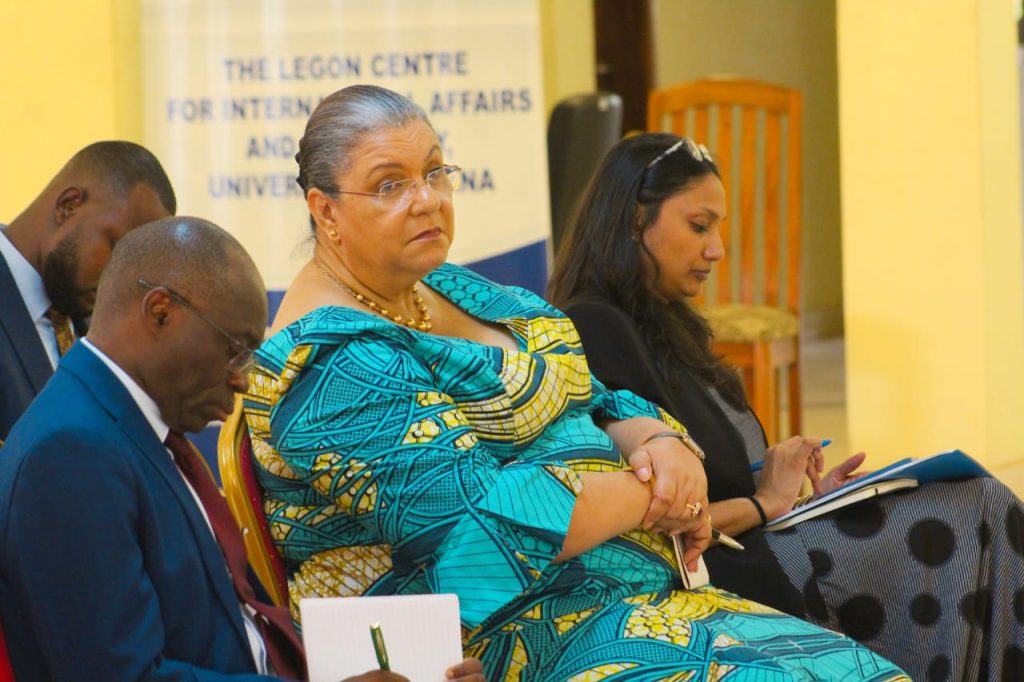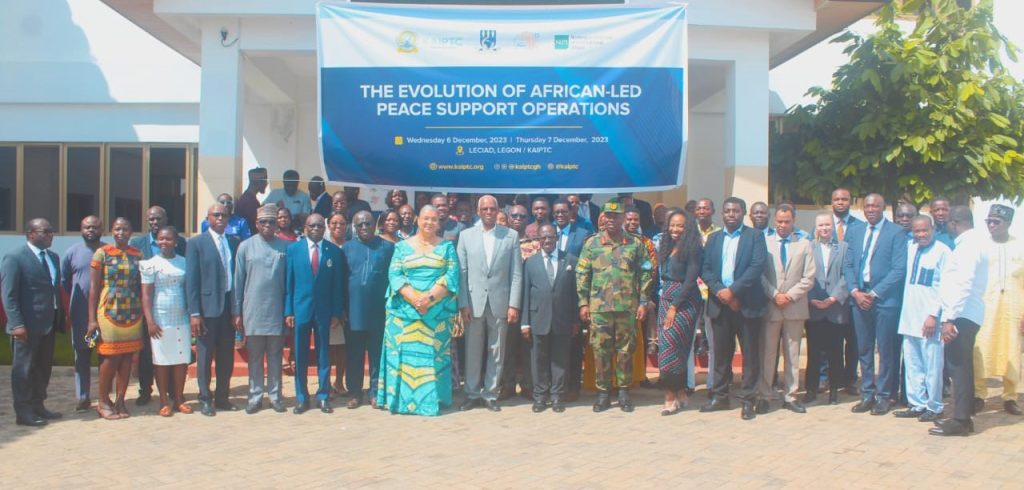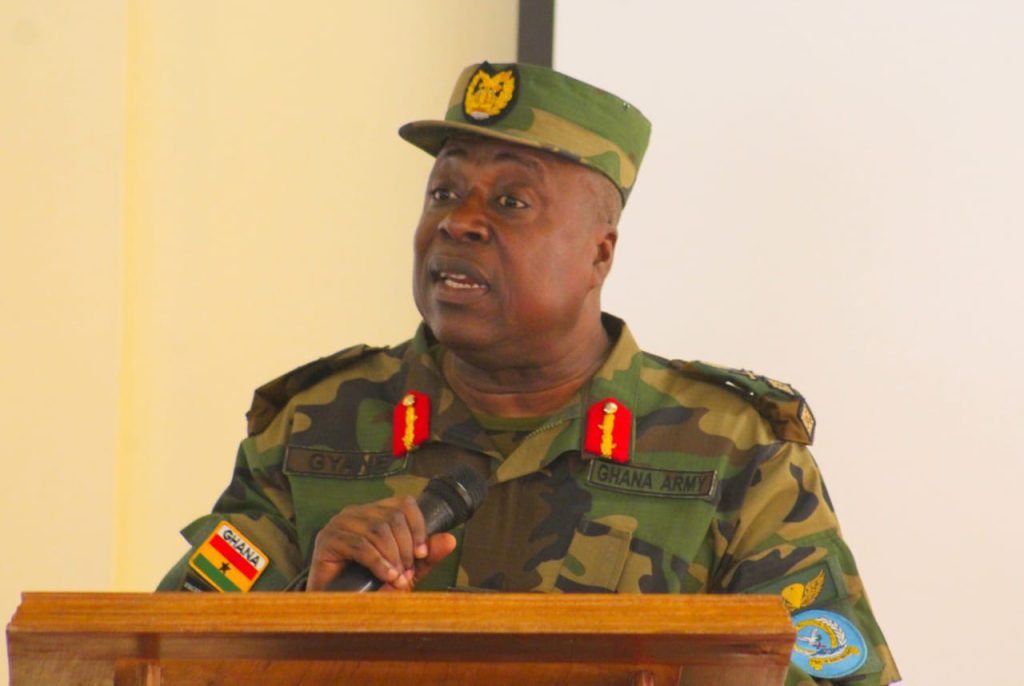By James Amoh Junior
Accra, Dec. 06, GNA – Mr El Ghassim Wane, United Nations (UN) Secretary-General’s Special Representative to Mali, says the role of African institutions remained key in Peace Support Operations (PSOs) in war-prone Africa.
He said African peace support operations had significantly increased and diversified, with institutions like the Economic Community of West African State (ECOWAS) and the African Union (AU) playing important roles collaboratively.
That, he said, reflected both the “protracted nature of the crises confronting the continent and the proactiveness of the African institutions in responding to those challenges.”
Mr Ghassim, also the Head of the United Nations Multidimensional Integrated Stabilisation Mission in Mali (MINUSMA), made the remarks at the opening of a two-day seminar in Accra at the Legon Centre for International Affairs and Diplomacy (LECIAD), University of Ghana.
On the theme: “The Evolution of African Peace Operations and Best Practices for Future African-led Peace Support Operations,” the seminar focuses on the AU and African-led PSO’s partnerships with the UN and other international partners and whether the AU and PSOs should seek UN assessed contributions, among other discussions.
Mr Ghassim said building on the experience gained over the past decades, African institutions could make a meaningful contribution to the promotion of peace and security on the continent.

He said the factors that drove violence – many of which were linked to governance – needed to be addressed.
The Special Representative of the UN Secretary-General noted that the AU, with the support of the UN, could address those challenges by building on its rich normative and policy framework on governance.
Mr Ghassim said the continued involvement of African institutions in the deployment of PSOs and in the promotion of security cooperation was all the more important as terrorism and violent extremism remained prevalent in large parts of Africa.
He said the AU and its regional mechanisms, given their willingness to deploy in situations where peace had not really been fully restored, had a distinct comparative advantage that needed to be leveraged by the international community.
“Hence the importance of advancing the agenda of the financing of African-led PSOs through UN assessed contributions. I do hope that the ongoing efforts to this end will succeed,” he said.
“We need to have a variety of tools to address the nature of African conflicts,” he emphasised.
According to him, it was important that African institutions and the UN do not focus only on large operations, but also on other more flexible cooperation modalities, as exemplified by the Nouakchott Process and the Accra Process.

Major General Richard Addo Gyane, Commandant, KAIPTC, one of the collaborators of the seminar, said the evolution and constant change of the nature of conflicts in Africa reflected the challenges that African-led agencies faced in dealing with contemporary insecurities.
He said the African Peace and Security Architecture (APSA) of the AU and the Regional Economic Communities (RECs), and the Regional Mechanisms (RMs) had played key roles through preventive diplomacy to ensure that internal political tensions and disputed elections did not escalate into violent conflicts with the potential to undermine the peace and stability of the continent.
He said while forging partnerships with the UN and other bilateral partners was critical for sustaining peace operations, a true assessment of the impact of African-led agencies must also reflect its short falls.
Maj Gen Gyane stated that African-led agencies dealing with security challenges were constantly being eroded by multiple governance failures on the continent, including the issues of poverty, unemployment and corruption, radicalization, violent extremism, and terrorism on the continent.

The KAIPTC, Maj Gen Gyane assured, would continue to collaborate with the AU and all partners through training, research and academic education to ensure the sustainability of African-led agencies in the promotion of peace and security on the continent.
Professor Emmanuel Debrah, Director, LECIAD, said Africa was making progress towards sustainable development and regional cooperation, albeit challenges persisted.
The Director of LECIAD said Africa’s unique geopolitical landscape demanded tailored approaches and innovative strategies through collaborative discussions to cultivate deeper understanding of the complex dynamics at play.
GNA